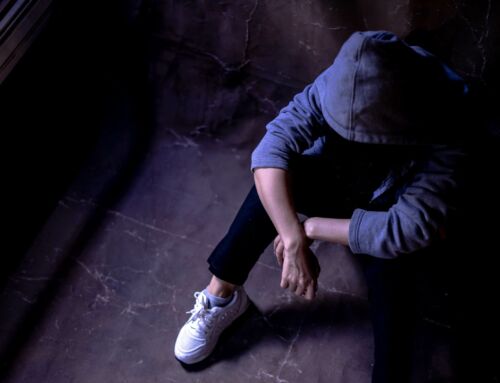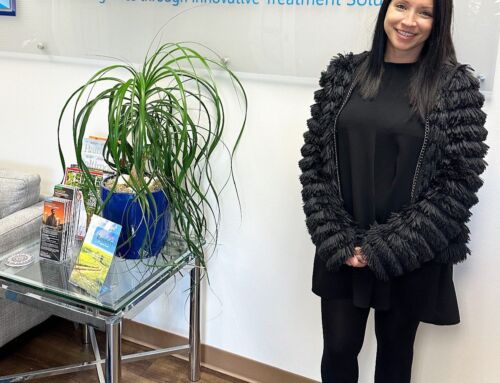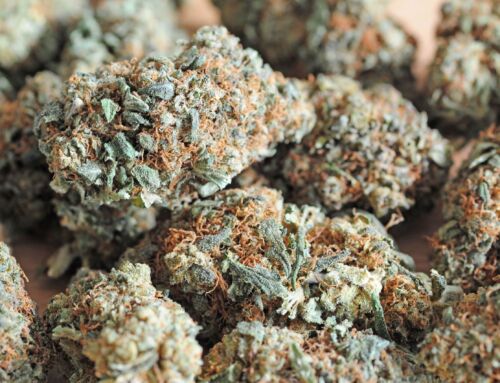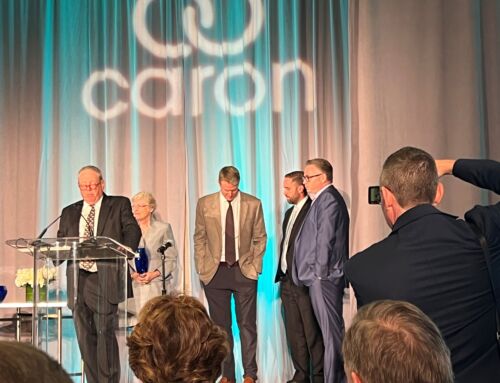As America continues to face an opioid crisis (and an overall addiction epidemic), news stories have been covering the rise of lawsuits taking place involving opioid manufacturers. These lawsuits dealing with Big Pharma typically are followed by an outcry from society that a positive step is being taken to combat the opioid crisis. But has it?
As lawsuits are brought towards pharmaceutical companies, as leadership from some Big Pharma firms are arrested, and large monetary settlements are mad, the question actually becomes, is this a positive step in stemming the tide of the rising opioid epidemic? Are those suffering from addiction actually positively impacted by these lawsuits? Do these lawsuits actually bring about closure for the families and loved ones that have lost someone from an opioid overdose? Who benefits financially from these lawsuits? Will the money go to funding more treatment and recovery support services or do they more look like a “win” than practically do anything to help America’s opioid crisis?
Not all these questions can be answered yet. Obviously, there is a benefit to bringing companies that acted illegally to justice. Obviously, the hope is that companies that flooded the American market with opioids through illegal or immoral actions will go a long way into stopping such overprescribing of opioids or bring more education as to the potential dangers of opioids.
However, does a multi-million-dollar settlement against an opioid manufacturer or distributor actually benefit those currently suffering? Are those individuals, families, and communities in the grips of addiction actually going to see more access to care based on these lawsuits? How are the states that are suing the pharmaceutical companies going to turn that successful prosecution into dollars that are actually going to make it to the street to offer better treatment, care, and support of those suffering, many of whom began their painful journey of addiction through the actions of Big Pharma and the prescription of a doctor?
These questions can’t yet be answered. And it is also important to point out that while Big Pharma and the medical professionals that were either conned by them, influenced by them, manipulated by them, or in bed with them certainly have a large part to play in the current state of the American addiction epidemic, they certainly did not cause it. Therefore, the idea of “bringing down” those Big Pharma companies that influenced the addiction epidemic is not going to cure the crisis. It won’t even stop the crisis. It can certainly be a positive step in the right direction, but it is not an end all be all of the issue. Furthermore, it’s difficult to call any successful lawsuit against an opioid manufacturer a “win” as it relates to addiction and recovery advocacy or when seen through the lens of the many Americans currently suffering from addiction. An opioid lawsuit or a win against an opioid manufacturer or distributor certainly “looks good” or “feels good” when shared on social media, but if those lawsuits don’t result in money being used for direct care or to change the paradigm of addiction, addiction treatment and/or addiction recovery by developing comprehensive solutions that begin to truly treat addiction as chronic medical condition and a public health crisis, all those “wins” being shared on social media will literally do nothing.
There are certainly some positives to be taken from all the news of the lawsuits taking place towards opioid manufacturers, opioid distributors, and Big Pharma, but to think they alone are wins or positive steps forward is a little premature. If they result in positive changes related to education, prevention, treatment, and recovery, they most certainly will be a win. But it’s skeptical to think that the money from the states will be used effectively and efficiently. Until that happens, we should just be happy to see these companies being held responsible. Unless these lawsuits translate into positive societal change and create a better system to identify and treat addiction and support recovery, these news stories being a positive impact on the opioid epidemic is simply more perception than reality.
If you or someone you know needs help for addiction or co-occurring disorder issues, please give us a call. Maryland Addiction Recovery Center offers the most comprehensive dual diagnosis addiction treatment in the Mid-Atlantic area. If we aren’t the best fit for you or your loved one, we will take the necessary time to work with you to find a treatment center or provider that better fits your needs. Please give us a call at (410) 773-0500 or email our team at info@marylandaddictionrecovery.com. For more information on all of our drug addiction, alcohol addiction and co-occurring disorder services and recovery resources, please visit our web site at www.marylandaddictionrecovery.com.
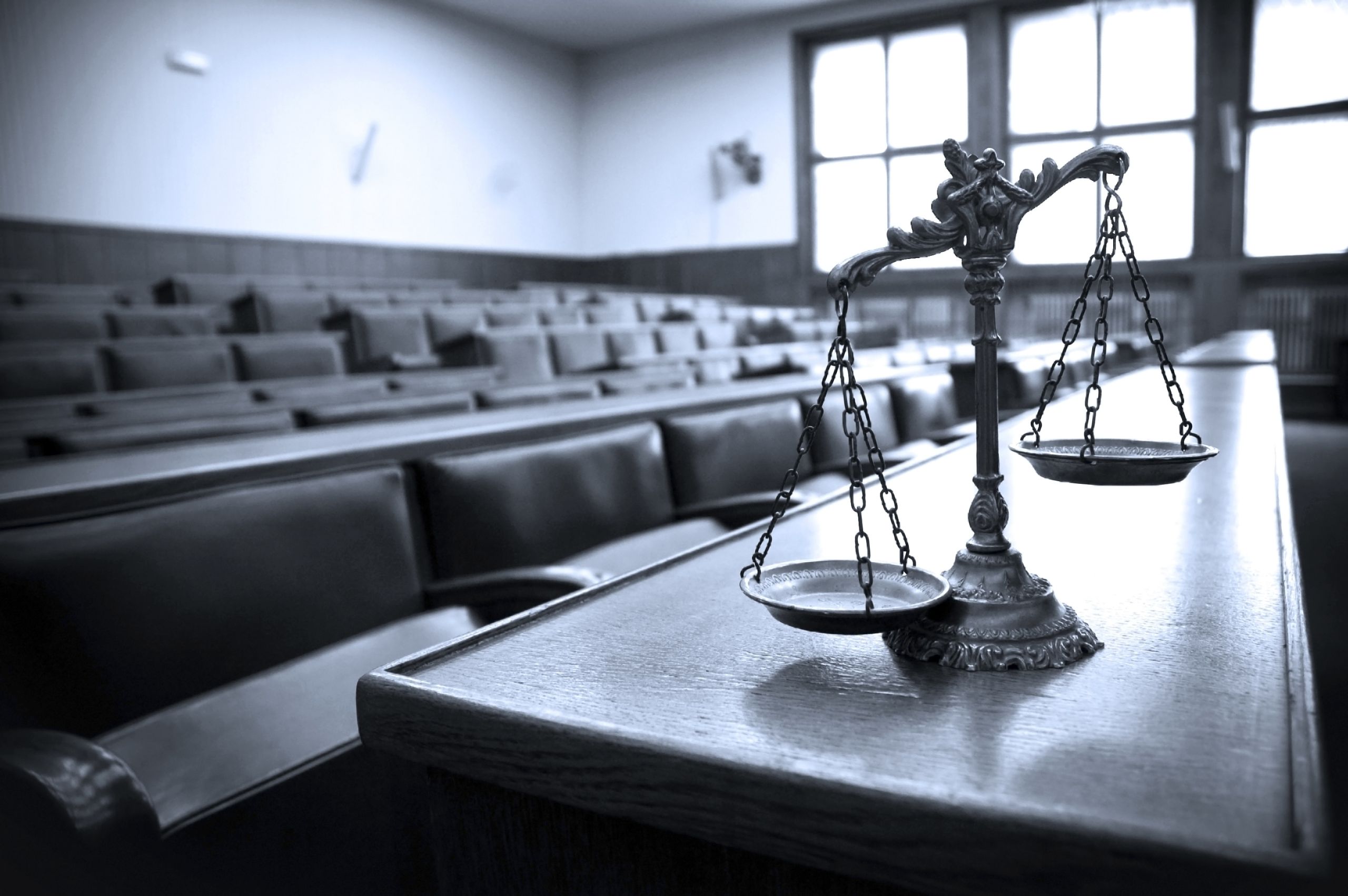
Table of Contents

